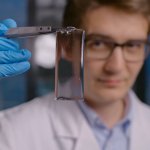
News • Gastric leak detection
Sensor patch monitors surgery sutures in the abdomen
To ensure that wounds remain tightly sealed in the abdomen after surgery, researchers at Empa and ETH Zurich have developed a patch with a sensor function.

To ensure that wounds remain tightly sealed in the abdomen after surgery, researchers at Empa and ETH Zurich have developed a patch with a sensor function.
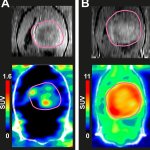
Folate-based radiopharmaceuticals can be used in positron emission tomography (PET) imaging to detect folate receptors in brain tumours, researchers from the University of Turku report.

US researchers identified a potential breakthrough in glioblastoma treatment. Using a modified virus, they created a treatment that specifically attacks tumor cells, while leaving normal cells intact.
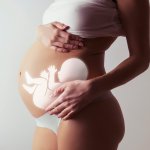
Women suffering from multiple sclerosis temporarily get much better when pregnant. Researchers have now identified the beneficial changes naturally occurring during pregnancy.

French scientists discovered that CD4 T cells generated during immunotherapy are capable of remotely neutralizing tumor cells by producing interferon gamma (IFN-γ).
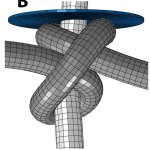
Knots are a crucial part of surgery, but surprisingly little is known about how they work. To fill this gap, a team at EPFL started the first physics-based study on the mechanics of surgical knots, and exactly what properties influence their strength.
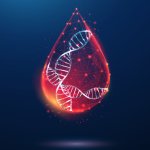
New research suggests that combining blood biomarkers with genomic information more accurately, cost-effectively predicts the risk of developing diseases.
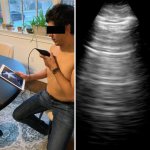
One day, the ultrasound equipment that health care professionals use for diagnostic imaging may no longer be confined to the clinic, instead operated by patients in the comfort of their homes.
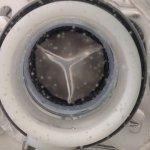
A new method for cheaply producing heart valves in the span of minutes shows great promise. The scientists describe the method as "a cotton-candy machine with a hair dryer behind it."
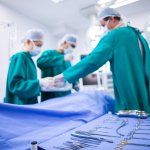
Surgeons will need to tackle three major challenges with the most potential to reduce major causes of death and improve access to surgical care, according to an international group of experts.

Governments around the world must do more to tackle the growing threat of drug-resistant infections, new research led by the University of Leeds suggests.

Preterm birth affects nearly 10% of pregnancies worldwide, and rates are on the rise. A new approach that analyzes electrical activity during pregnancy, could improve predictions.
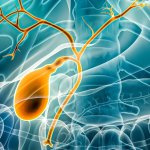
Gene alterations in biliary tract cancer offer potential targets for current or future precision therapies. This is demonstrated by a new study from Vienna.
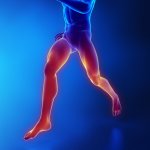
People with strong legs are less likely to develop heart failure after a heart attack, according to research presented at the Heart Failure 2023 scientific congress in Prague.

German researchers have now investigated whether there is a temporal association between infection with the Sars-CoV-2 virus and the development of type 1 diabetes.

A University of Arizona Health Sciences-led study found that more than 50% of people don't fully trust AI-powered medical advice, but many put faith in AI if it's monitored and guided by human touch.
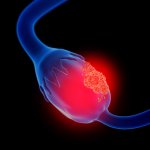
New research from the University of Helsinki increases the understanding of ovarian cancer: the identification of new subtypes could help discover new treatments.

A team at the Finnish research institute VTT has created a biodegradable ECG patch, aiming to pave the way to a more sustainable future for wearable electronic devices.

The latest version of ChatGPT passed a radiology board-style exam, highlighting the potential of large language models (LLM) but also revealing limitations that hinder reliability, new research shows.
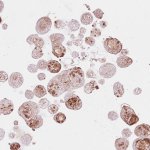
Researchers from the Organoid group (Hubrecht Institute) and UMC Utrecht have developed a biobank with organoids derived from patients with head and neck cancer (HNC).

Japanese researchers have found that natural language processing might be an effective tool to analyze specific speech changes of patients with Parkinson's disease, allowing for better diagnosis.

An algorithm developed using artificial intelligence could soon be used by doctors to diagnose heart attacks with better speed and accuracy than ever before, according to new research.
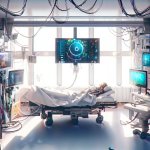
An artificial intelligence developed at TU Wien (Vienna) can suggest appropriate treatment steps in cases of blood poisoning. The computer has already surpassed humans in this respect.
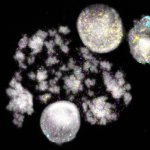
Tumors sometimes seem to take on a life of their own, with cancer genes “striking out” in ring shapes. An international research team has new insights into this phenomenon.
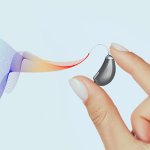
For decades, hearing aids have been focused on improving communication. While the technology has made strides in terms of speech, it is still subpar when it comes to music.